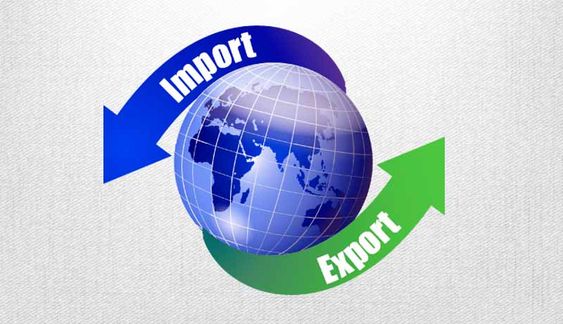Official export (also known as official export) is the export of goods or services from one country to another country in accordance with the regulations, powers and procedures of government agencies and organizations. related positions. In contrast, informal export (also known as unofficial export or unofficial export) is the export of goods or services without following official regulations and procedures, usually through unofficial channels such as border crossings that are not declared or confirmed by government authorities.
Advantages of official export compared to unofficial export
- Legal safety: Official exports comply with the regulations and laws of both the exporting and importing countries. This ensures that you operate within legal boundaries and helps avoid legal risks. Meanwhile, unquote exports may face the risk of legal liability and prosecution.
- Quality control: Official exports are often more strictly controlled in terms of quality, conversion checks, and food safety risk detection. This protects the exporter’s reputation and ensures that the product meets safety and quality standards.
- Trade benefits: Official exports allow you to participate in international trade agreements and take advantage of trade agreement benefits and incentives. This can help you reach a wider market and provide sustainable growth opportunities.
- Job creation and economic development: Official exports often contribute to creating jobs and promoting economic development in the exporting country. This can create a more favorable and stable business environment.
- Create brand and reputation: Official exports help build reputation and sustainable brands in the eyes of international markets. Regulatory compliance and product quality can help you build trust with partners and consumers.

Disadvantages of official exports compared to unofficial exports
Although official export has many advantages, there are also some disadvantages compared to unofficial export. Below are some disadvantages of official exports compared to unofficial exports:
- Complicated and costly procedures: Official exports often require compliance with many complex regulations and procedures, from preparing documents and papers to handling customs clearance and inspection. quality. This can take a lot of time, resources and finance compared to unofficial exports through unofficial channels.
- Higher costs: Because of compliance with regulations and quality standards, official exports often require large investments in ensuring product quality, testing and handling risks. These costs may be higher than for informal exports, where compliance with the same regulations is not required.
- Difficulties in entering new markets: When entering new markets, following official regulations and procedures can pose barriers for new or small businesses. This can make it difficult to expand the market and create opportunities for other local or international competitors.
- Obstacles in supply chain integration: Procedures and regulations in official exports can make integration into the global supply chain more complicated. This may slow down delivery and rapid response to market demand.
- Legal risks and food safety: Official exports require meeting food safety and quality regulations, so if there are product problems, the exporting enterprise may have to take legal responsibility and consequences for brand image.
In summary, although official export has many advantages, it also comes with some disadvantages. Deciding between official export and unofficial export should be based on the specific situation of the enterprise and their business goals.

